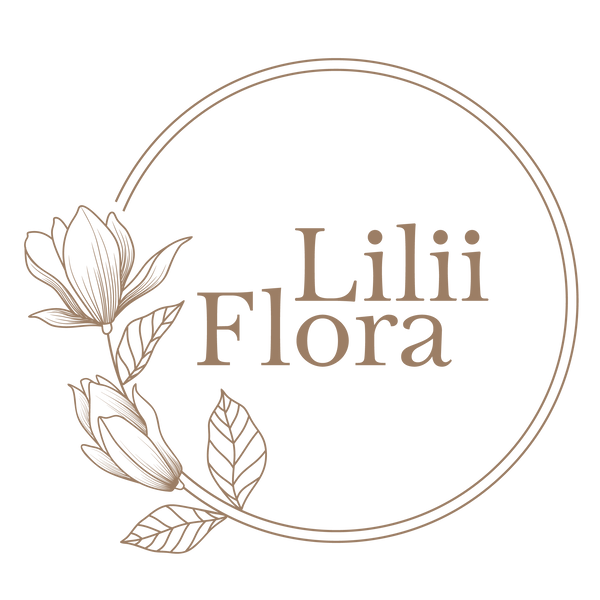10 Frequently Asked Questions about shea butter
Introduction: Shea Butter, a natural wonder derived from the nuts of the shea tree, has been a common ingredient in skin care for centuries. In this blog post, we answer 10 frequently asked questions about Shea Butter, to give you a deeper insight into this acclaimed natural product.
1. What is Shea Butter and where does it come from? Shea Butter is extracted from the nuts of the shea tree, which grows mainly in West Africa. It is a natural fatty substance that has been used for skin care for generations.
2. What makes Shea Butter so special for the skin? Shea Butter is packed with nourishing fatty acids and vitamins (A and E), making it ideal for hydration, anti-inflammatory, and maintaining healthy skin.
3. Can Shea Butter help with skin conditions such as eczema? Yes, the soothing properties of Shea Butter make it useful in treating skin conditions such as eczema. It can reduce irritation and hydrate the skin.
4. What is the difference between unrefined and refined Shea Butter? Unrefined Shea Butter is unprocessed and retains more of its natural properties, while refined Shea Butter has been purified to have a more neutral odor and color, which means vitamins are lost.
5. Is Shea Butter suitable for all skin types? Absolute! Shea Butter is suitable for all skin types, from dry to oily, and even for sensitive skin. It does not clog the pores.
6. How can Shea Butter help with scars and stretch marks? Shea Butter stimulates the regeneration of skin cells through the vitamin E, which can help fade scars and reduce stretch marks.
7. Can Shea Butter be used on the face? Yes, Shea Butter is safe for use on the face. It hydrates without clogging pores and can help reduce fine lines. Shea butter stimulates collagen production.
8. How long does Shea Butter last? Unrefined Shea Butter usually has a shelf life of about two years. Store it in a cool, dark place for optimal quality.
9. Is Shea Butter Safe During Pregnancy? Yes, Shea Butter is safe to use during pregnancy and can help prevent stretch marks by keeping the skin hydrated.
10. Can Shea Butter Cause Allergic Reactions? Shea butter is hypoallergenic, however it is wise to perform a patch test, especially if there are nut allergies, to avoid possible allergic reactions.
Conclusion: Shea Butter is not only a powerful natural ingredient for skin care, but it also provides solutions for various skin problems. By answering these frequently asked questions, we hope that you are now better informed about the many benefits of Shea Butter for your skin. Experiment with this natural wonder and discover its magic for yourself.

